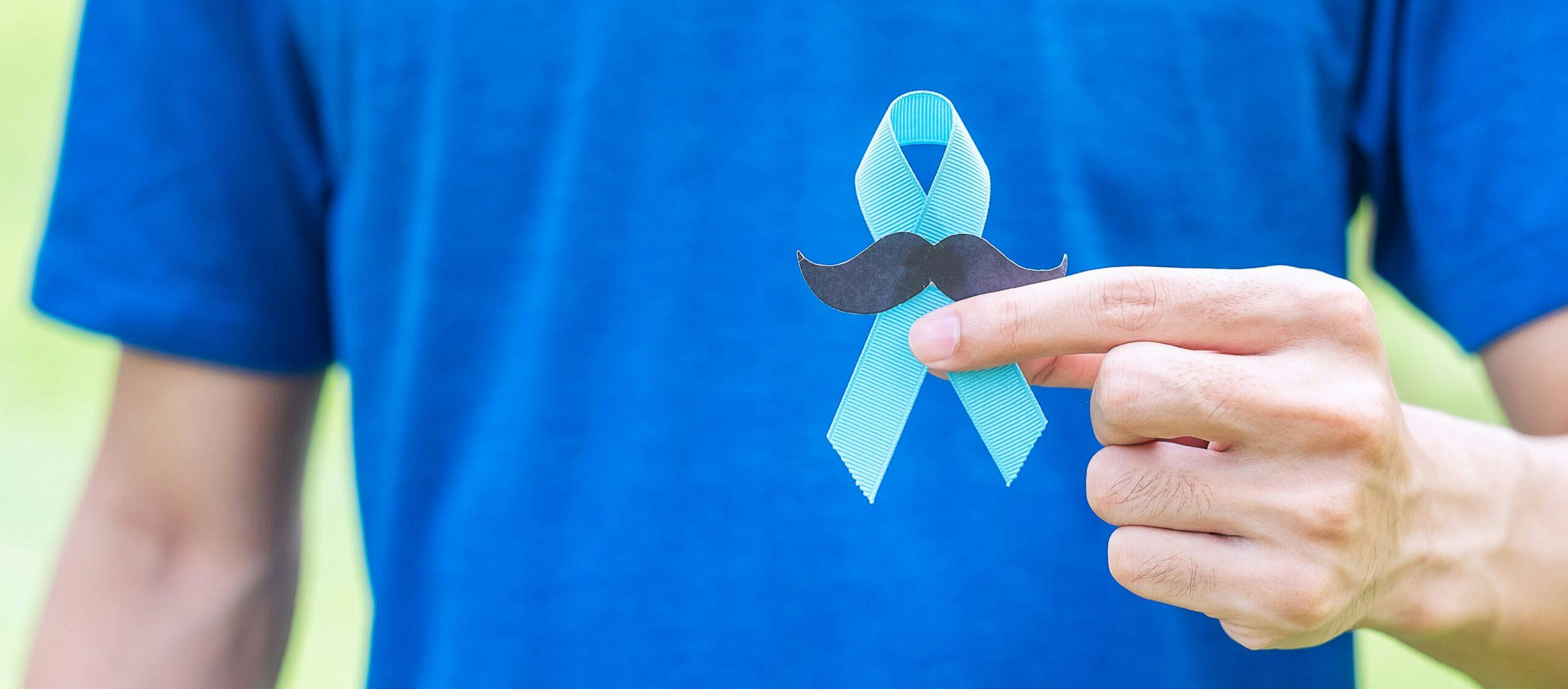Important Things Men Should Know About Testicular Cancer

Did you know…
Testicular cancer is the most common cancer in young men aged 15-34 years?

Testicular cancer is the when cancerous cells develop in the testicles. Testicular cancer is a highly treatable cancer that can be cured if it is caught and treated in its early stages. Young men should be aware that they are at a higher risk of having testicular cancer if they have undescended testes, if a family member has a history of testicular cancer or if they have had testicular cancer themselves. It is important that young men are aware of the risks and make sure that they check their testicles for any changes in shape, size or pain. Checking for these symptoms can be done on a regular basis and should take no more than a few minutes.
Are Self-Exams Necessary?
Men should perform monthly testicular self-exams in a warm shower, so the scrotal skin is relaxed. When you are performing a testicular self-exam, complete the following steps:
- Before getting into the warm shower, gently hold scrotum in both hands. While standing in front of a mirror, check for abnormalities. This includes redness, lumps, bumps or tenderness.
- Get familiar with your testicles. Observe the size and weight, making a mental note of how it feels in your hands.
- While in the shower, use your fingers (including thumbs) to feel around. Take note of any lumps or unusual bumps that you can feel when you press on your testicles.
- Feel each testicle separately with your index and middle finger. Placing your index and middle underneath your testicle will allow your thumbs to be placed on top. Gently rolling the testicle between the thumbs and fingers will allow it to appear firm, smooth & oval-shaped. This is a critical time to be aware of the texture of your testicles and to make sure there are no lumps or bumps apparent.
Each time you perform a self-exam, it is important to take a mental note of the weight and size of your testicles. Have they changed significantly since last months check? Do they feel different? Are there any new growths? These are important questions to ask yourself. It is imperative that, in addition to performing monthly testicular self-exams, you are aware of the common signs and symptoms of testicular cancer.
What Are the Signs and Symptoms of Testicular Cancer?
Signs and symptoms of testicular cancer will vary from person to person, as no two cases are identical. It is said that most men find testicular cancer themselves by noticing the following signs and symptoms:
- Lump or swelling in one or both testicles
- Tiredness and fatigue
- Heavy feeling in the scrotum
- A feeling of discomfort and/or pain in the testicles or scrotum.
- Fluid back up in the scrotum
If you or a loved one experience these signs and symptoms, please seek medical attention immediately. A medical professional will be able to take a closer look and diagnose you properly. We encourage all men to write down their signs and symptoms and bring a written list to the doctor, to ensure that all symptoms are properly brought to the attention of the doctor.
Who Is at a Higher Risk for Developing Testicular Cancer?
Men that have testicular cancer in their family history or have developed testicular cancer themselves are at a higher risk of developing testicular cancer. However, there are several other causes of testicular cancer that includes but is not limited to:
- Abnormal testicular development.
- Hernias in the groin area.
- Congenital abnormalities.
- Undescended testicle
It is imperative to talk to your doctor regarding your risk of developing testicular cancer. During your time with your medical professional, it is imperative to walk through your family medical history, your concerns and your questions in depth. Failure to bring up any sort of concern can result in a missed opportunity to recognize an increased risk. If testicular cancer goes untreated and ignored, it can spread to other parts of the body. It is crucial for all men to pay attention to their bodies and alert their medical professionals if they observe any of the aforementioned signs and symptoms of testicular cancer.
Is Home Care Necessary Post Testicular Cancer Diagnosis?
Although home care is commonly seen as a resource that only elderly adults utilize, it can be extremely helpful when recovering from a testicular cancer diagnosis. There are several paths of treatment that is highly dependent on the case and the individual, including surgery, chemotherapy and radiation. After a testicular cancer diagnosis, it is important to ask your medical professionals about the next steps and your recovery period. Recovery can range from days to months depending on the procedure and course of action.

If you or your loved one needs help after a testicular cancer diagnosis or treatment, in home care may be the solution for you. In home care can act as a safety net for you and your loved ones during this extremely stressful and overwhelming time. A caregiver can come help you and your loved one with:
- Meal Preparation
- Medication Reminders
- Light Housekeeping
- Personal Care
- Companionship
If you or your loved one needs assistance after a testicular cancer diagnosis or treatment, please do not hesitate to reach out to 24 Hour Home Care. Our caregivers will be there for you every step of the way during this healing process.
About The Movember Foundation
The Movember Foundation is dedicated to spreading awareness and raising funds for programs that support men’s health. They encourage men to seek professional help for preventative care or any illnesses that they are experiencing. The Movember Foundation produced this short video that will help your self-exam for testicular cancer.

During the month of November, the Movember Foundation encourages men to grow out their mustaches to spark conversation about men’s health. Do you want to get involved in the fight for better men’s health? Join 24 Hour Home Care and the Movember Foundation today!
